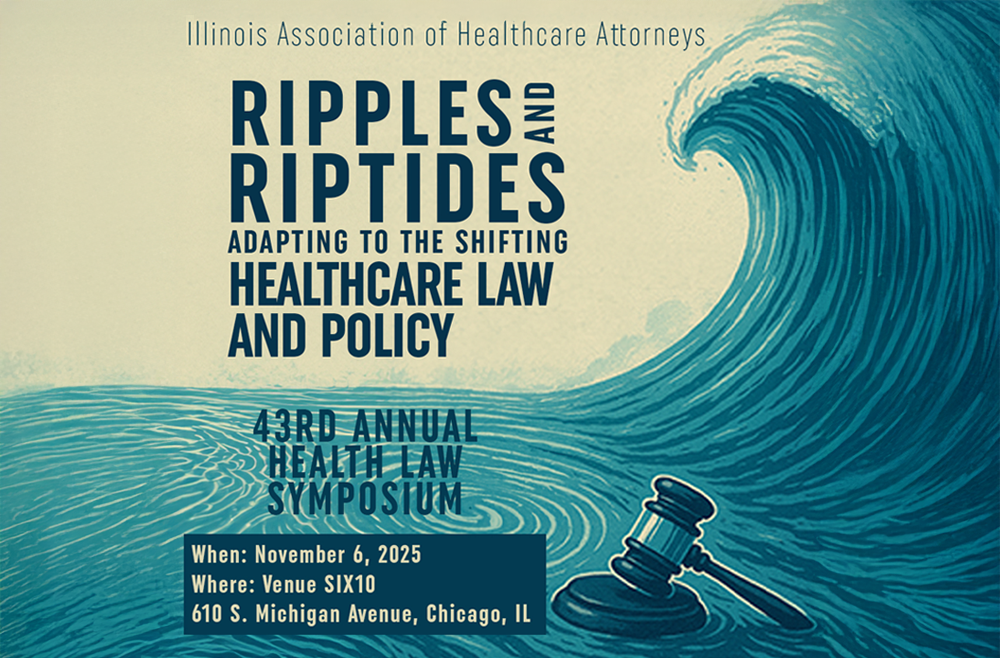Illinois Supreme Court Rules the Illinois Workers' Compensation Act Does Not Bar BIPA Claims When No Actual Damages Are Alleged
Insights for Employers Alert | 3 min read
Feb 4, 2022
Yesterday, the Illinois Supreme Court held that the Illinois Workers' Compensation Act's exclusive remedy provisions do not bar employees from filing lawsuits in civil court against their employers for alleged violations of the Biometric Information Privacy Act (BIPA), when no other injury is alleged. McDonald v. Symphony Bronzeville Park, LLC, 2022 IL 126511.
In August 2017, the plaintiffs filed a class-action BIPA complaint directed at an employer's use of a finger-print scanning software system used for time-keeping purposes. As the litigation progressed, plaintiffs withdrew their claim seeking mental anguish damages. The named plaintiff alleged she had not been provided with a written release form discussing the storage of her biometric information. In addition, the named plaintiff pled that she was not told the purposes for which her biometric information was being stored or the length of time that the employer would maintain her biometric information. The named plaintiff also alleged that no retention schedule for the biometric data or guidelines for permanently destroying the biometric identifiers and biometric information were supplied to employees. The plaintiffs' complaint sought equitable and injunctive relief to have the BIPA interests of the class protected, demanded liquidated damages of $1,000 for each alleged violation, and requested awards of attorney's fees, litigation expenses, and costs.
The Illinois Supreme Court acknowledged that in prior case law, it applied the exclusivity provisions of the Workers' Compensation Act in a way that prevented employees from pursuing statutory causes of action against their employer. In this case, the court distinguished its prior case law by noting that the physical or mental injuries involved in those cases differed from this case, because the plaintiff here only alleges a violation of a statute without alleging any other injury. The court then relied on its most recent decision addressing the exclusive remedy provision under the Workers' Compensation Act, Folta v. Ferro Engineering, 2015 IL 118070. In Folta, the court reexamined the exceptions to the Workers' Compensation Act's exclusive remedy provision. Those exceptions include: 1) the occurrence of an injury that was not accidental; 2) an injury that did not arise from employment; 3) an injury that was not received during the course of employment; and 4) where an injury is not compensable under the Workers' Compensation Act.
The Court focused its analysis on the fourth exception. The Court agreed with the trial court's opinion that plaintiff's alleged violation of the Privacy Act does not present a mental or physical injury which is compensable under the Workers' Compensation Act. Similarly, the Court also agreed with the appellate court that an alleged violation of the Privacy Act is not the type of injury that categorically fits within the Workers' Compensation Act and is thus not compensable under it. As a result, the Court concluded plaintiff's "Privacy Act claim for liquidated damages is not categorically within the purview of the Compensation Act." The Court therefore answered the certified question in the negative.
McDonald held that this conclusion is also supported by a doctrine of statutory construction whereby a later adopted statute controls over an earlier one, and a more specific statute controls over a general one. The Court found that BIPA was enacted later, was more specific, and noted that the language in BIPA references its application in the employment context. In its conclusion, the Court acknowledged that whether a different balance should be struck was an issue more appropriately addressed by the legislature.
One justice issued a concurrence. Justice Michael Burke stated, "I agree with the majority that the injury as alleged is not compensable under the Compensation Act because, quite simply, there is no injury." Justice Burke explained that had plaintiff persisted in her allegation of mental anguish, then the Workers' Compensation Act's exclusive remedy provision would have barred her claim. Justice Burke acknowledged that this provides an opportunity for gamesmanship in how a claim is pled. Justice Burke also pointed out the inconsistency of the rationale in McDonald as compared to the analysis adopted by the Court in Rosenbach, its prior opinion on BIPA. "McDonald contends that her Privacy Act claim should proceed because she has suffered no injury, which is totally inconsistent with the concept that a technical violation of the Privacy Act is a 'real and significant' injury," as the Court held in Rosenbach.
Several other crucial issues remain to be determined regarding BIPA's application, as several other BIPA appeals remain pending. The Illinois Supreme Court is expected to decide the applicable statute of limitations for BIPA claims as well as when the statute of limitations begins to accrue for BIPA claims.















